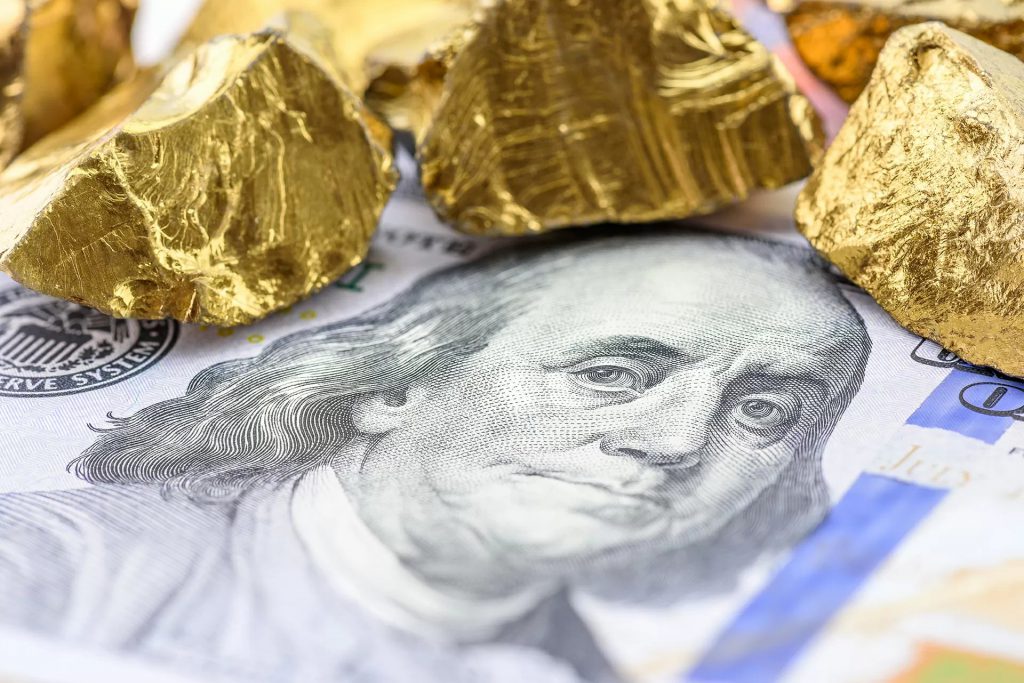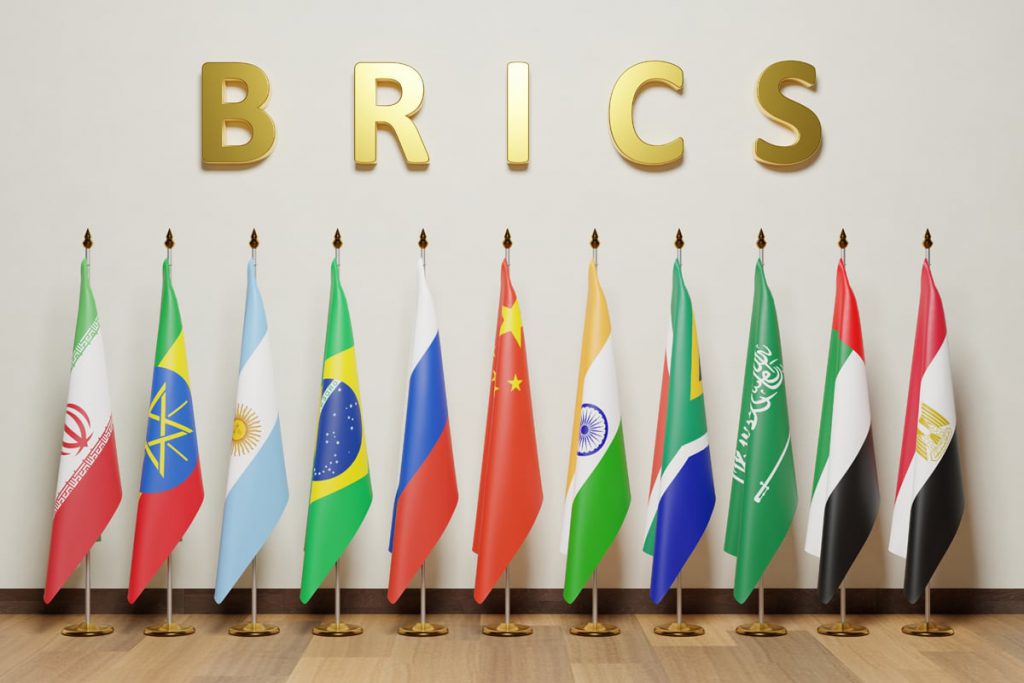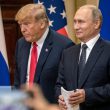The United States economy has been engrossed in an inflation fight for the last several years. Although the Federal Reserve has spoken optimistically about its status, that does not appear to be a shared perspective globally. Indeed, amid the BRICS de-dollarization efforts, various central banks are using increased gold reserves as their US dollar defense.
The last year has seen the accumulation of gold reserves increase, mostly as a diversification strategy. Specifically, China, Germany, and Turkey have led a global strategy of safeguarding assets from risks associated with the US dollar’s current state. Subsequently, such a decision could prove beneficial in what would be the United States’ worst-case scenario.


Also Read: Gold Attracts ‘Strong Buy’ Call: Forecast Suggests Price To Hit $2,700
Central Banks Turning to Gold as Diversification Away From the US Dollar
For many investors, gold has become a haven asset. Over the last several months, as the greenback had struggled, the metal increased in value. Yet, that thought process seems to be shared by a host of countries. As de-dollarization becomes a present reality for global economics, this strategy has become even more popular in 2024.
The BRICS economic alliance has not been shy about its stance regarding the US dollar. Its efforts to lessen international reliance on the greenback have been shared by its growing membership. Now, amid those BRICS Actions, various Central Bank throughout the world are using their gold reserves as a US dollar defense.


Also Read: De-Dollarization Poses Disaster For BRICS, Warns Finance Minister
After jewelry, the biggest holders of gold are private investments. This includes things like ETFs, bars, and coins; but after this is the Central Bank’s official reserve holdings. Moreover, as ETF holdings are falling, the dollar price of gold has been increasing.
Over the last six months, this strategy has been embraced mostly by China, Germany, and Turkey. these nations are seeking to increase gold as a hard asset to diversify their holdings. This is especially necessary for countries that are not on the greatest terms with the United States.
The threat of sanctions, and the overall fragile state of the US economy amid its $34 trillion debt crisis, is reason enough to embrace another widely agreeable asset of value. The United States has long-run large fiscal deficits that have played a massive part in its current state of inflation. For most countries, these facets bring the importance of diversification into their planning process. Over the last several months, we have seen it come to frution.





